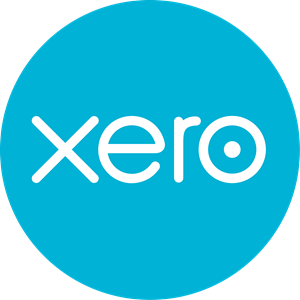We Built An AI Coach For Creators And Hit 6-Figures Revenue Pre-Launch
Hello! Who are you and what business did you start?
I’m Jodie Cook and I founded Coachvox AI. We make artificially intelligent coaches based on real people: creators, thought leaders, authors, and entrepreneurs.
They have content: frameworks, books, articles, and podcasts that help their audience, and they want to make more impact without producing more or being busier.

Creators simply upload their content and begin chatting to an AI version of them. They hit publish, share the link, and this AI works on their behalf, coaching, mentoring, and answering questions just like they would. It collects leads and data on its website and in its membership groups and engages with its audience.
Our creators are essentially cloning themselves. They don’t need to keep producing content. They’ve already done the hard work, now they get the rewards.
We hit 6-figures ARR pre-launch and...

























